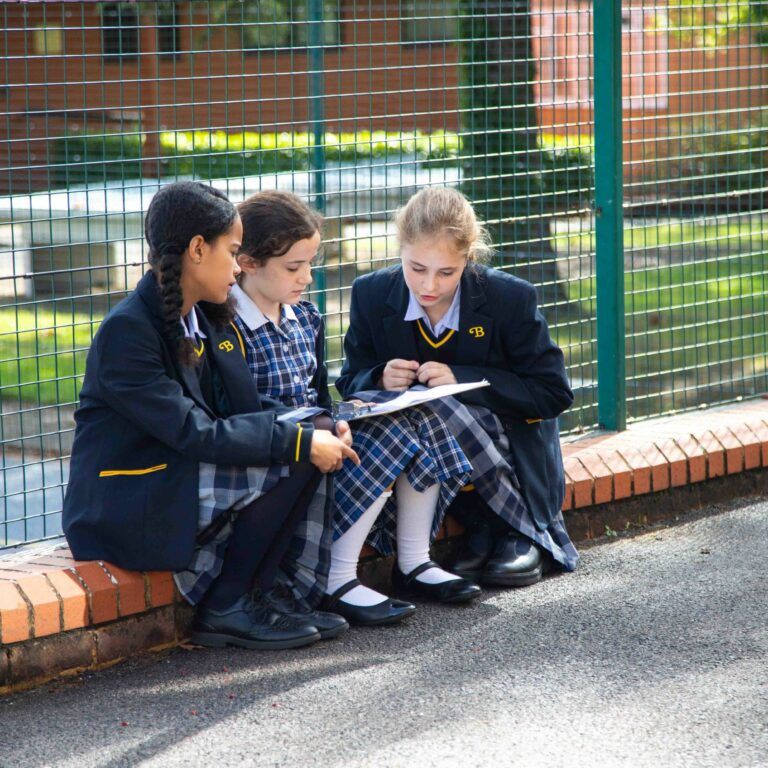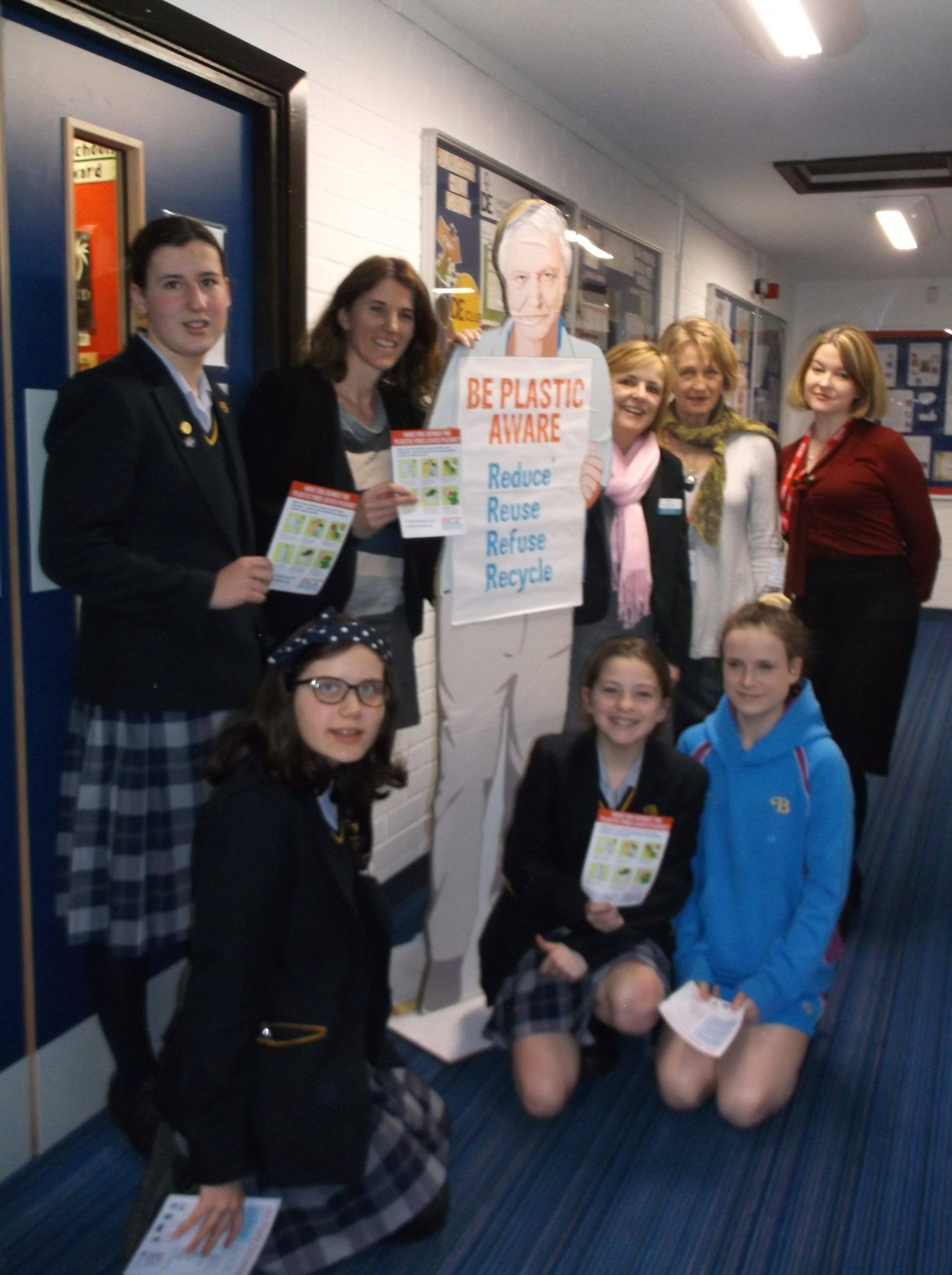During Book Week (2nd March – 6th March), we had many guest speakers talking on different topics revolving around climate change and our environment. Ruth Bewick, Lower Sixth, has written a review of who came in on Tuesday 3rd March.
On Tuesday journalist Juliet Oxborrow and environmental activist Sue Fleming gave an interactive talk to teachers and students from Year 7 to Sixth Form on the ever-growing problem of plastic pollution. Plastic Free Lewes is a group which works to reduce plastic use and inform people of positive solutions in their day-to-day lives.
One display they set up in the LRC, showed us a number of reusable alternatives to toxic, single-use items. Like beeswax wrap to replace clingfilm, plastic-free deodorants and objects as simple as bars of soap. They encouraged us to consider items we use daily and find creative solutions to replace them and thus reduce waste. One suggestion was to use hair pins to maximise the amount of toothpaste we can extract from one tube.
The other display they shared showed a number of objects alongside how much time it takes for each item to decompose. Historians have discovered that if, Queen Elizabeth I had worn disposable nappies as a baby, they would only now be decomposing!
The lifespan of plastic in comparison to how long we use it for is truly scary, as are many of the facts we have to face. Half of the 400 million tonnes of plastic the world produces every year, is used once then thrown away. By 2050, our oceans could contain more plastic than fish.
Sue and Juliet ended their talk by discussing these problems and giving us helpful advice on how to cut own on single-use plastic. This can be remembered by the 5R’s: reuse, reduce, refil, refuse and recycle.
Finally, they encouraged us to use our political voices to make a difference. Things like asking shop assistants or managers for plastic-free alternatives when shopping. Speaking out against the wasteful use of plastic packaging and sending messages to your local MP or the Secretary for the Environment. These are simple yet effective and powerful actions which can make a difference to the future of our planet. After all ‘there’s no planet B’!



